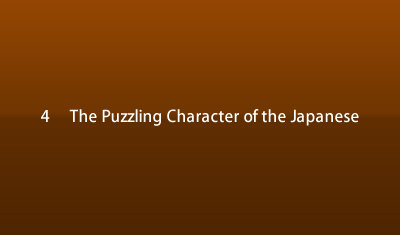 |
Q Why are so few organ transplants carried out in Japan?
A Many Japanese believe that a person achieves jobutsu or a spiritual awakening and becomes a Buddha after death. At funerals, people pray for jobutsu and for the happiness of the departed person in the next world.
Jobutsu is a concept derived from a form of the Jodo sect of Buddhism which incorporates Confucian concepts such as burying the remains, making a grave and placing the memorial tablet on the family altarall forming the basis of the Japanese custom of enshrining the dead in close proximity.
Many Japanese believe that the spirit of the dead linger around the vicinity of the body before becoming a Buddha. The Japanese have strong feelings against the idea ofdamaging the body to remove the internal organs based on the criteria of judging a person's death as brain death when a person is still breathing and when blood is still circulating throughout the body.
Another reason is that the Japanese think it is inexcusable to damage, even after death, a healthy and normal body that is inherited intact from one's parents.
Recently, more and more people not bound by the religious traditions of Japan have come to accept brain death as actual death. Accompanying this trend is the increase in the number of people who register to become donors hoping that their contribution after death will be of some benefit to society.



